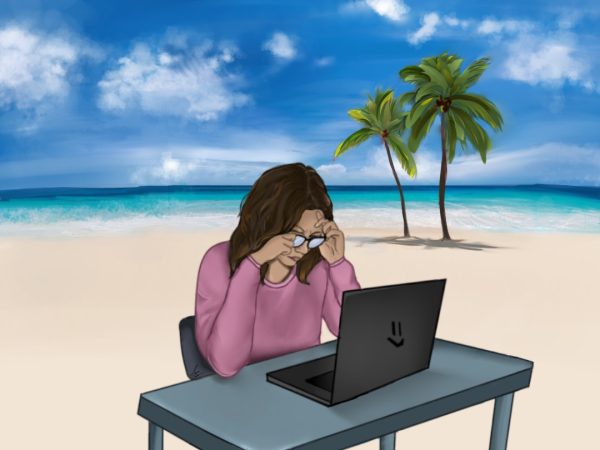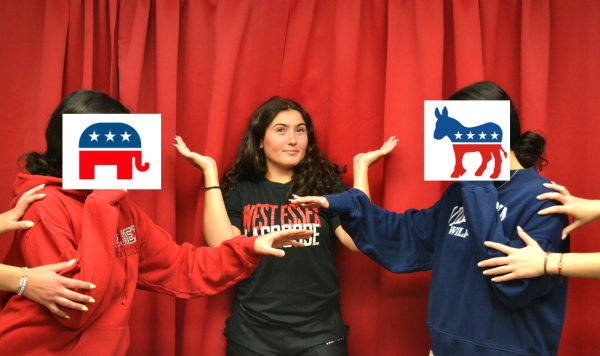STAFF EDITORIAL: We’re lost….Guidance, please?
We enter high school with wide eyes and high expectations for our futures. Achieving good grades and immersing ourselves into extracurricular activities is a balancing act we are consistently trying to perfect as our years as high school students pass by. The sense of pride at communicating our hard work from endlessly stressful days and sleepless nights through our college applications is supposed to be a time where we are guided down the path of success – but instead, we find ourselves often stumbling, attempting to get ourselves back on the trail.
From the moment we stepped into our first class freshman year, everything started to matter. Every choice we made regarding classes to take and clubs to join would, in four years, be summed up in one application that defines who we are. But by junior year, when American high schools typically start kicking students into “college mode” and we’re told how much everything matters, it’s too late. Students scramble to add things to their resumes that are supposed to display a “well-rounded” student throughout high school. They begin studying for the ACT and SAT when there’s only a few testing dates left. Junior year is intense, not just because of the workload, but because it’s a time where students learn the harsh reality that they can’t compete with applicants that have been building their resumes for years.
The impersonal system of guidance in public schools as it’s run in American schools needs to change. When a guidance counselor obtains their degree, they are honing in on their psychology skills and student support tactics – not receiving a lesson on how to successfully provide a student with all of the resources they need to get into their dream schools. The emotional demands of good psychology and the logistical, strategic demands of effective college preparation place too much demand on one “type” of profession. There shouldn’t be the expectation for a certified psychologist to also be a Naviance expert, since those are easily two full-time positions.
In order to provide adequate support, all high schools should employ two different guidance departments: one specializing in psychology and help throughout high school and one specializing in college applications and planning for your future. Having counselors with relationships with specific colleges and more insight to the changes within the application process would prevent students from needing to spend thousands of dollars on private counselors to even have a chance of getting accepted into their target schools. Modern high school students need “guidance” in multiple parts of their academic lives – we’d like modern high schools to meet us on all of those fronts.




